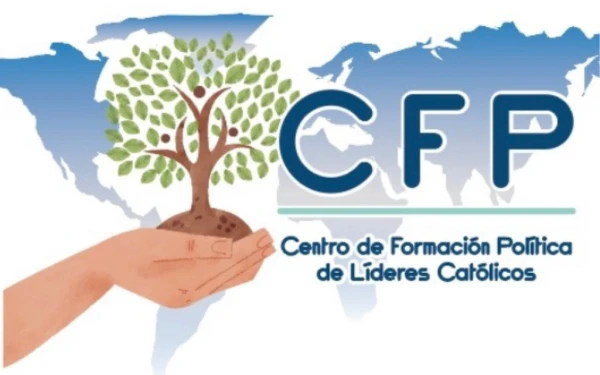With the goal of training Catholic leaders who “actively participate in public life and promote the common good,” the Archdiocese of Guadalajara in Mexico created the Center for Political Training of Catholic Leaders.
This new center, established by decree of Cardinal José Francisco Robles, Archbishop of Guadalajara, on August 1, 2023, seeks to train people who “influence different sociocultural areas through the principles and values of the Social Doctrine of the Church.”
Receive the main news from ACI Prensa by WhatsApp and Telegram
It is increasingly difficult to see Catholic news on social media. Subscribe to our free channels today:
According to decree shared this June 17the Political Training Center will be in charge of “study, analysis, training, dissemination, creation of spaces for discussion and the socio-political citizen training of the lay faithful of this Archdiocese.”

Its purpose is to “strengthen their preparation and awareness, to collaborate in the realization of the common good and integral human development.”
Dependent on the Diocesan Social Pastoral Commission, the center seeks to be an instrument of the Archbishopric for the “comprehensive formation” of Catholics, “in relation to their political responsibilities and their participation in social life.”
It is made up of priests and lay people who have the mission of promoting “the emergence and formation” of people who can influence “the public and political reality of our country, making present in society the values that are born from the Gospel.”
The document indicates that among the powers of those who make up the institution are the “organization of workshops, studies and analysis of the social and political reality, the promotion of study centers, the design of social intervention projects in collaboration with the parishes.” .
In addition, it focuses on “formation in the values and principles of Catholic social thought” such as “common good, solidarity, subsidiarity, citizen participation, community personalism, human dignity, political charity, fraternity, social friendship and solidarity economy.”
The center will also design instruments for the Diocesan Church, “that contribute to the discernment of the diverse realities that make up public life and promote attention to the existential peripheries of Catholic leadership.”
Another of its objectives is collaboration with the different diocesan bodies and organizations, as well as universities and other entities of Christian inspiration “in order to carry out in full communion and with greater effectiveness the fulfillment of its mission and objectives.”

